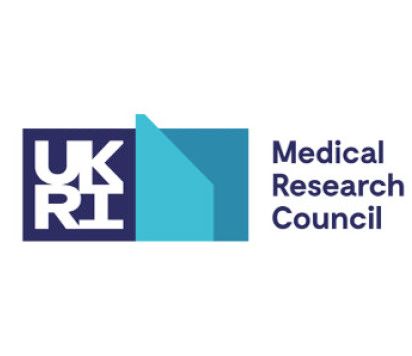
Join the UK DRI at ImperialNews Coverage
"Brain clearance is reduced during sleep and anesthesia"
Evidence is building that sleep disturbances in healthy people, repeated over years, might trigger or accelerate pathological processes leading to dementia, e.g. by causing oxidative stress or enhancing amyloid deposition. We have several objectives in our QQ2 UKDRI Programme, all concerned with investigating if the different types of sleep (NREM and REM) can delay the onset of dementia and have restorative effects by enhancing clearance and/or by enhancing cognition.
a) Does NREM sleep promote toxin clearance and does clearance decrease with age or disease-related pathology? We have developed a system to track clearance of molecules in the brain during sleep and wake states. So far, we have found the opposite of what we set out to test. We discovered that clearance of small molecules decreases during sleep and is increased during wakefulness (Miao et al., 2024).
b) Does chronic sleep-wake fragmentation (insomnia) or permanent sleep loss promote disease-related pathology? We have developed two genetic models of sleep loss and insomnia: a mouse model of permanent sleep loss (one third less sleep a day) and a mouse model of permanent insomnia (normal amounts of sleep, but chronic sleep-wake fragmentation). This will allow us to see, compared with baseline, if disease-related pathology appears more quickly in the brains of these chronically sleep-deprived mice. Is chronic clearance reduced?
c) People with dementia selectively lose REM sleep. We have discovered brain circuitry in mice that allows REM sleep to be selectively prolonged or decreased (Ba et al., 2024). Thus, we can now investigate if this sleep state promotes toxin clearance and if more REM sleep reduces emotional and cognitive disturbances.
d) We are investigating if sleep can improve the emotional and cognitive symptoms of dementia. We have discovered that stress can induce sleep and that this sleep is beneficial to reduce anxiety (Yu et al., 2022).
Key publications and contact for lead
Key Publications
- Miao, A., Luo, T., Hsieh, B., Edge, C.J., Gridley, M., Wong, R.T.C., Constandinou, T.G., Wisden, W., and Franks, N.P. (2024). Brain clearance is reduced during sleep and anesthesia. Nat Neurosci 27, 1046-1050. 10.1038/s41593-024-01638-y.
- Ba, W., Nollet, M., Yin, C., Yu, X., Wong, S., Miao, A., Beckwith, E.J., Harding, E.C., Ma, Y., Yustos, R., et al. (2024). A REM-active basal ganglia circuit that regulates anxiety. Curr Biol 34, 3301-3314 e3304. 10.1016/j.cub.2024.06.010.
- Nollet, M., Franks, N.P., and Wisden, W. (2023). Understanding Sleep Regulation in Normal and Pathological Conditions, and Why It Matters. J Huntingtons Dis 12, 105-119. 10.3233/JHD-230564.
- Yu, X., Zhao, G., Wang, D., Wang, S., Li, R., Li, A., Wang, H., Nollet, M., Chun, Y.Y., Zhao, T., et al. (2022). A specific circuit in the midbrain detects stress and induces restorative sleep. Science 377, 63-72. 10.1126/science.abn0853.
Enquiries
Please address enquiries about this programme to:
Professor William Wisden, FMedSci FRS
Chair in Molecular Neuroscience & UK DRI Group Leader
w.wisden@imperial.ac.uk
View Professor Wisden's Professional Web Page and Research Publications
Professor Nicholas Franks, FMedSci FRS
Professor of Biophysics and Anaesthetics
n.franks@imperial.ac.uk
View Professor Frank's Professional Web Page and Research Publications

